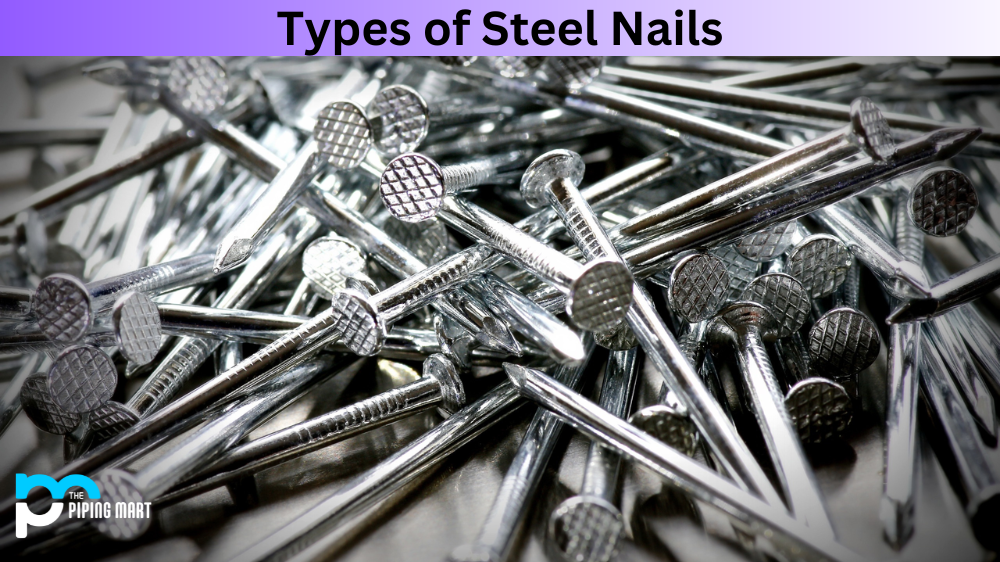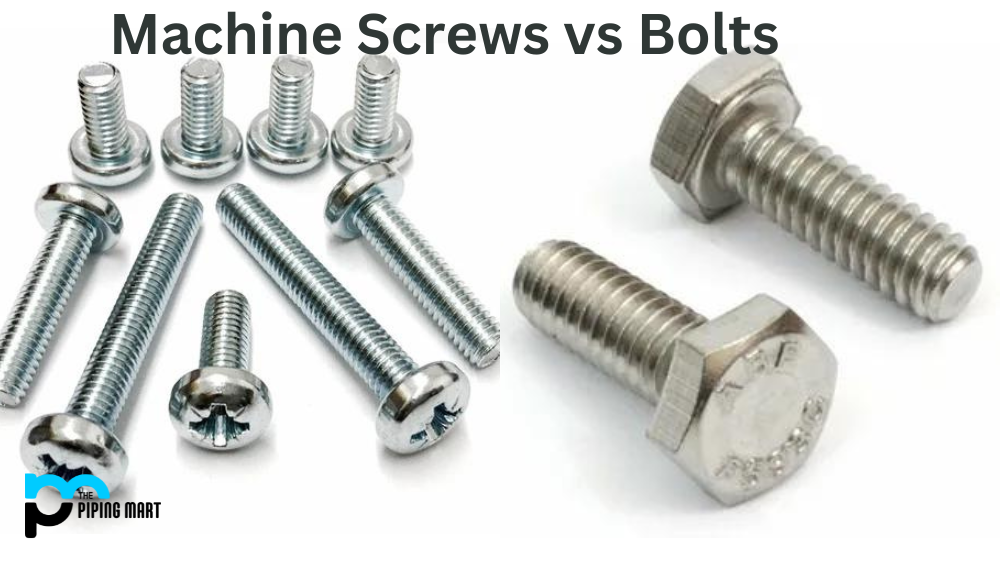Nails are a fundamental component of almost any construction project. From hanging a picture to constructing a house, they are essential. However, not all nails are created equal. Different types of steel nails are designed for specific purposes, and choosing the right one for your project is crucial. So, in this blog, we will explain the different types of steel nails, their characteristics, and their best uses.
Types of Steel Nails
Coiled Nails
Coiled nails are long, thin, and come round. They are ideal for framing, fencing, and roofing. Due to their length, they provide maximum holding power and are less likely to bend or break under pressure. Coiled nails are compatible with a wide range of collated nail guns and can be fired quickly, making them ideal for large construction projects.
Concrete Nails
Concrete nails are designed for use on concrete surfaces and are made with hardened steel to enable them to penetrate tough materials. They come with smooth and ridged shanks, providing extra grip and are ideal for concrete, bricks, and stone use. The ridged legs provide increased load-bearing strength, essential in heavy-duty construction projects.
Roofing Nails
Roofing nails have broad, flat heads ideal for fixing roofing materials like shingles or tiles. They are available in various lengths, gauges, and nail heads, making them adaptable to roofing projects. The larger the nail’s head, the better it can hold the roofing material in place, preventing water leakage and enhancing its durability.
Square Boat Nails
Square boat nails are specially designed for wooden boat construction. They are square-shaped, with a wedge-like tip, and are driven into the wood’s grain to form a tight bond. They are typically made from high-carbon steel, providing the required strength and durability for marine applications. Square boat nails work well in outdoor projects thanks to their excellent resistance to corrosion and weather elements.
Horseshoe Nails
As the name suggests, horseshoe nails are used in blacksmithing to secure horseshoes to the horse’s hooves. They are U-shaped and have sharp, curved tips penetrating the hoof wall. They come in different sizes, with larger nails reserved for larger hooves and smaller nails for smaller hooves. Horseshoe nails are typically used only for their original purpose, with little to no versatility.
Ring Shank Nails
Ring shank nails are designed to provide maximum resistance to surface withdrawal. They are ideal for softer woods, where other nails might pull out under pressure. They feature a ring-like texture along their shank, which grips the wood particles, locking them tightly to the nail. This makes them ideal for flooring, decking, and outdoor construction projects.
Finishing Nails
Finishing nails are small, thin, and ideal for delicate work like trim, carpentry, furniture making, and other household projects. They are designed to leave a minimal visible hole, and their head is usually finished in such a way as to allow for easy filling and painting. They are available in different lengths, gauges, and materials, allowing you to choose the right one for your project.
Common Nails
Common nails are the most basic of all nails, used for a wide variety of applications, including framing, sheathing, and panelling. They are made from low-carbon steel, which allows them to bend slightly without breaking. Common nails come in a variety of sizes, lengths, and coatings, making them versatile for many projects, including use in DIY home tasks.
Conclusion
In conclusion, nails are an essential item for any construction project. Understanding the different types of steel nails is crucial in selecting the right one to provide optimal results for any project. Each type has unique characteristics and is designed to cater to specific needs, from coiled nails to common nails. Therefore, knowing each type and its designated purposes, strengths, and weaknesses can help ensure the success of your construction projects.

A passionate metal industry expert and blogger. With over 5 years of experience in the field, Palak brings a wealth of knowledge and insight to her writing. Whether discussing the latest trends in the metal industry or sharing tips, she is dedicated to helping others succeed in the metal industry.




